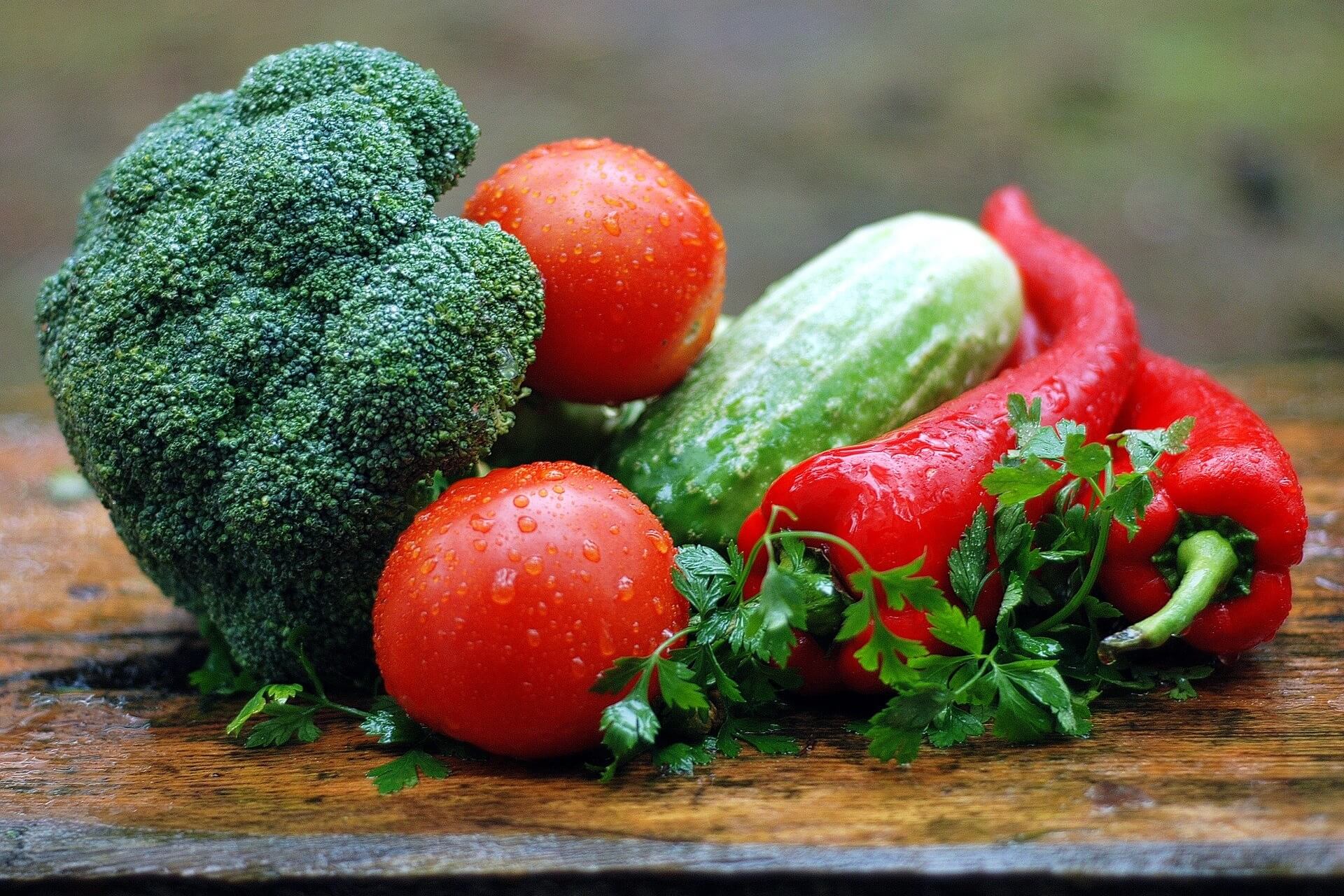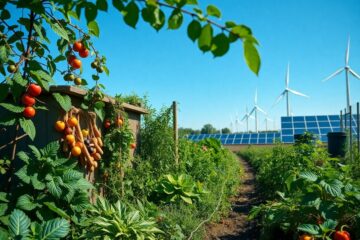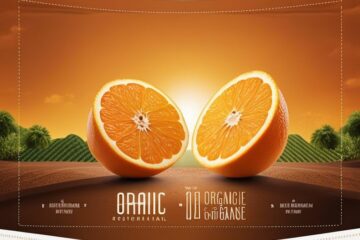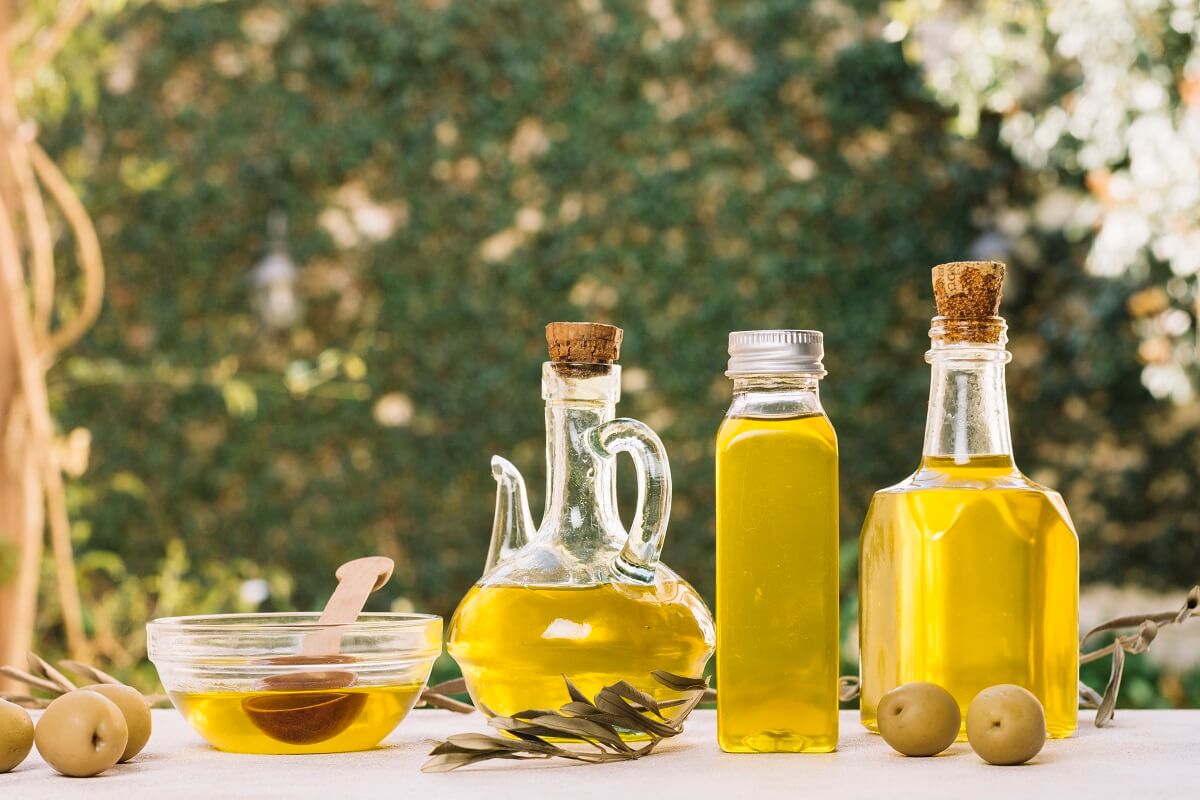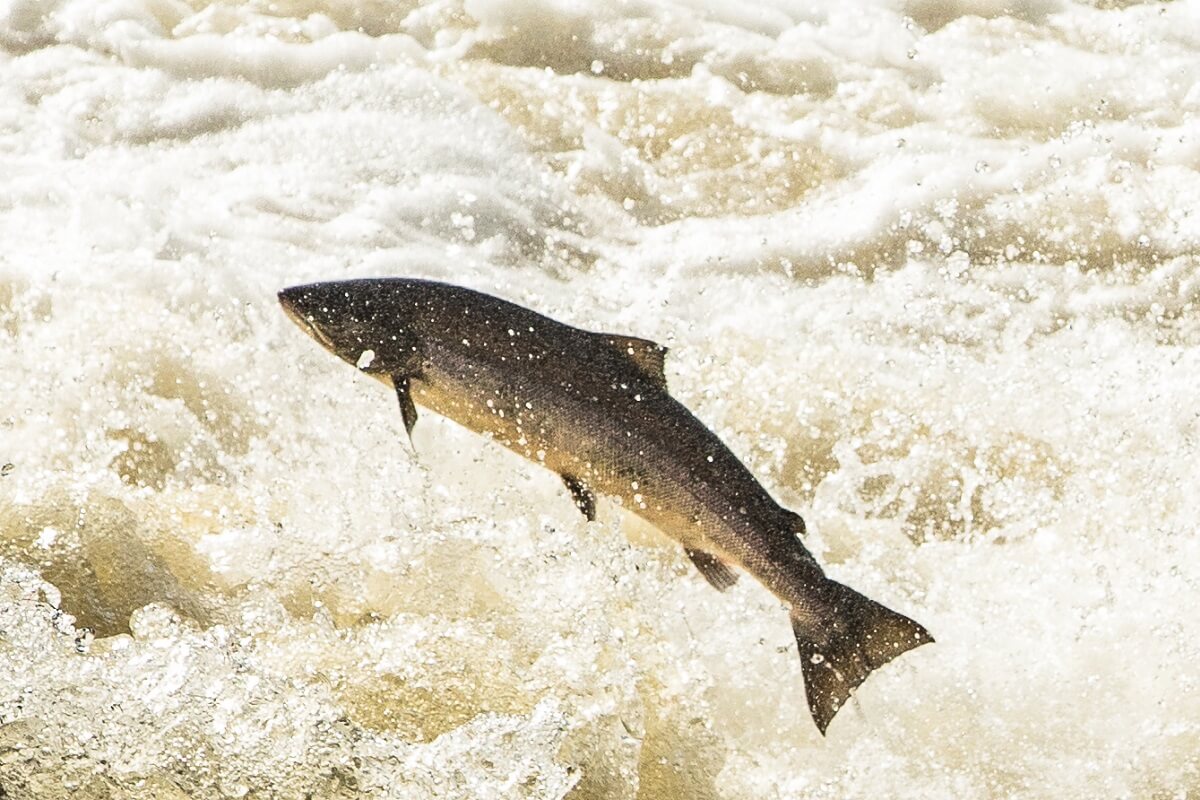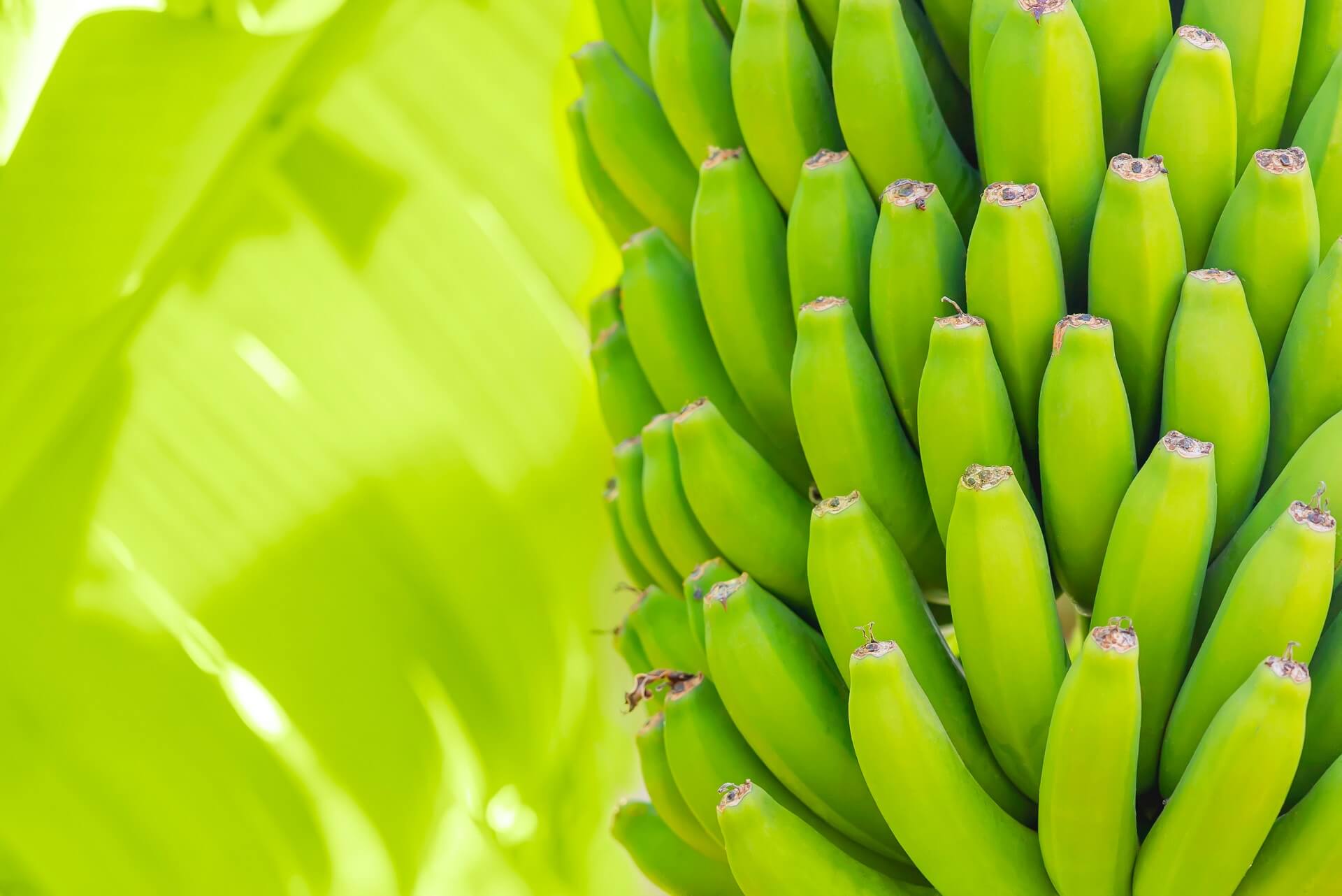Organic farming is also called biological, organic or biodynamic farming. It is agriculture that does away with the chemicals used on traditional farms. In the case of plant production, these are pesticides, fertilizers and plant protection products, and in the case of breeding – feed additives, growth promoters, etc. They are replaced with natural agents protecting against, for example, pests, weeds or diseases. Find out why organic farm products are increasingly chosen by consumers all over the world.
Organic farming covers a wide range of activities, including natural plant cultivation and animal husbandry. Related to it is the concept of environmental monitoring. You could say that this agriculture uses natural resources to produce organic food. However, this is not a complete description. Agriculture should receive agricultural produce in a manner beneficial for the environment, and it may be obtained by obtaining animal and plant production on an equal level. It would be good if, based on natural processes, it supported biological diversity so that environmental monitoring would indicate the presence of positive phenomena in this type of agriculture in the ecosystem.
Table of Contents
Plants and animals in eco-agriculture
In organic farming, plants are grown in small areas, the so-called mosaic system. In this case, tree covers serve as natural protection. Insects and wild animals can find refuge in such places. With this cultivation, it should be remembered that the plants are properly watered or, for example, fertilized so that, when monitoring the environment, their cultivation meets the required conditions.
On the other hand, when it comes to animals, it should be remembered that the principle of feeding them is similar to nourishing a person who wants to be healthy and live long. The point is that the animals are fed with feed produced on their own farm. The host knows what the food contains. The aforementioned monitoring of the environment of plants and animals and the data obtained from it, also carried out in eco-agriculture, allows to effectively protect plants and animals from harmful phenomena.
Benefits for eco-farmers
The right to have eco-labels on your products is just one of the advantages of running certified organic farming. The main benefits of organic production, however, are contributing to the protection of the environment, promoting sustainable development, respecting animals and natural resources. It is also a guarantee of producing healthy products of the highest quality.
In addition, it is an economically beneficial solution: it helps to reduce unemployment in the countryside and contributes to the development of regional trade. The ecological farm can be combined with commercial and agritourism activities.
Why is it worth choosing bio-eating?
Organic food is primarily characterized by a lower content of substances harmful to human health. It has been proven that changing your diet and eating vegetables grown without pesticides reduces the risk of allergies. In addition, many products contain less harmful ingredients. Eco food is characterized by a lower content, e.g. heavy metals – their excess often creates a risk of cancer, respiratory system or kidney diseases. Even though organic foods are often more expensive, consider changing your diet.

Our contributing author is a passionate advocate for eco-friendly living and sustainability. With a background in eco-life, they are dedicated to inspiring and empowering individuals to adopt environmentally conscious lifestyles. Through insightful articles, they share practical tips, innovative solutions, and thought-provoking perspectives to promote a greener, more sustainable world. Join them on the journey towards eco-smart living and discover how small choices can make a big impact. 🌱

